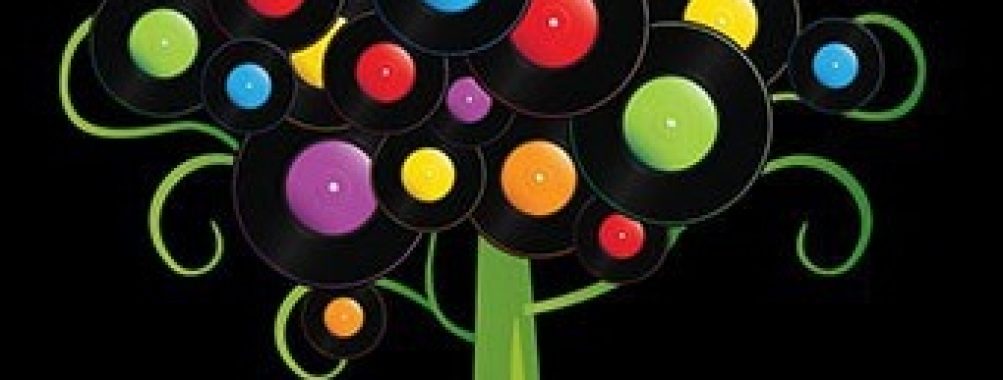
Trading Licks: Wayne Krantz Interviews John McLaughlin
Two Abstract Logix labelmates spent some time together this week when maverick guitar craftsman Wayne Krantz sat down to interview maestro John McLaughlin. They discussed influences, history, and more.
WK: You’re a citizen of the world. Do you consciously identify as a Brit anymore?
JM: There are certain aspects of a culture you grow up in that stay with you for life. Having spent the greater part of my life living outside the UK, the only cultural aspect that remains after all these years is the British sense of humor, which is completely wacky, irreverent and very culturally specific.
WK: Where do you feel your professional ambition as a bandleader came from?
JM: I would say from Miles Davis. Playing with Miles both in the studio and in concert was a revelation to me. Miles was the greatest; he knew how to get the best out of his musicians, and could even get music out of them that they themselves didn’t know was possible. When Miles recommended me to form my own band in the fall of 1970, naturally my role as a leader was based entirely on my experience with Miles.
WK: What did you practice today?
JM: At home there’s always a guitar near at hand, so I play everyday, not because I have to practice something, but simply because I love to play. I eat to survive, but it’s pretty much the same with the guitar. That said, this past year had been oriented towards the tour I’m currently making in the US, so a lot of work has been in the relearning the Mahavishnu music from the early 70’s.
WK: Do you believe in jazz education?
JM: Absolutely.
WK: Do improvisation and composition have different values?
JM: The values we put on ‘things’, can vary drastically from person to person. It’s absolutely personal. For one person improvisation is critically important and composition far less: for another person the exact opposite can be true.
At the beginning of my musical education in jazz, great improvisation was the supreme goal. It was only later, after beginning to analyze the works of Monk, Mingus, Miles and Coltrane, that compositional ideas began to appear in my mind. But it was never my intention to compose music.
WK: Do you feel you’ve ever sacrificed anything musically for professional success?
JM: In between the years 1966 to 1967 I became a studio musician in London. Of course the music was 99.9% pop music, most of which I didn’t like very much, but it was the first time I had money in my pocket. My tenure as a studio musician lasted about 18 months, and I quit the studios to concentrate on my music. I became quite poor again, but more importantly, happy.
WK: Did you ever see the Beatles play live?
JM: No, only on video.
WK: Did Jimi Hendrix have significant impact on the jazz musicians of his day?
JM: I wouldn’t say that Jimi had an impact on jazz musicians, on the other hand, his impact on guitarists can not be overestimated. And as a consequence, with the advent of jazz rock fusion, his impact entered the world of jazz.
WK: After defining modern jazz interaction with Miles Davis, Tony Williams opted for a much less interactive approach to his rock projects. Did he ever talk about that?
JM: I don’t really agree with your statement. Tony was always an interactive player, that’s how he played. He listened to all the soloists. Tony was a master of contrast and dynamics, and as such was misunderstood, especially in the group Lifetime. The concept of less interactivity in playing could never occur to Tony, so this kind of conversation could never happen.
WK: When did you first become aware of Allan Holdsworth?
JM: I knew of Allan before I left the UK, but met him only later in New York after he had replaced me in Lifetime. Allan was a phenomenon, an amazing guitar player who introduced new concepts to guitar playing.
Buy
Itunes-note Amazon Bandcamp